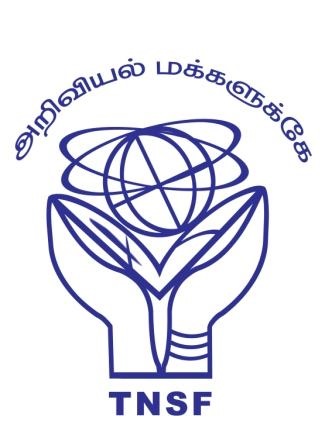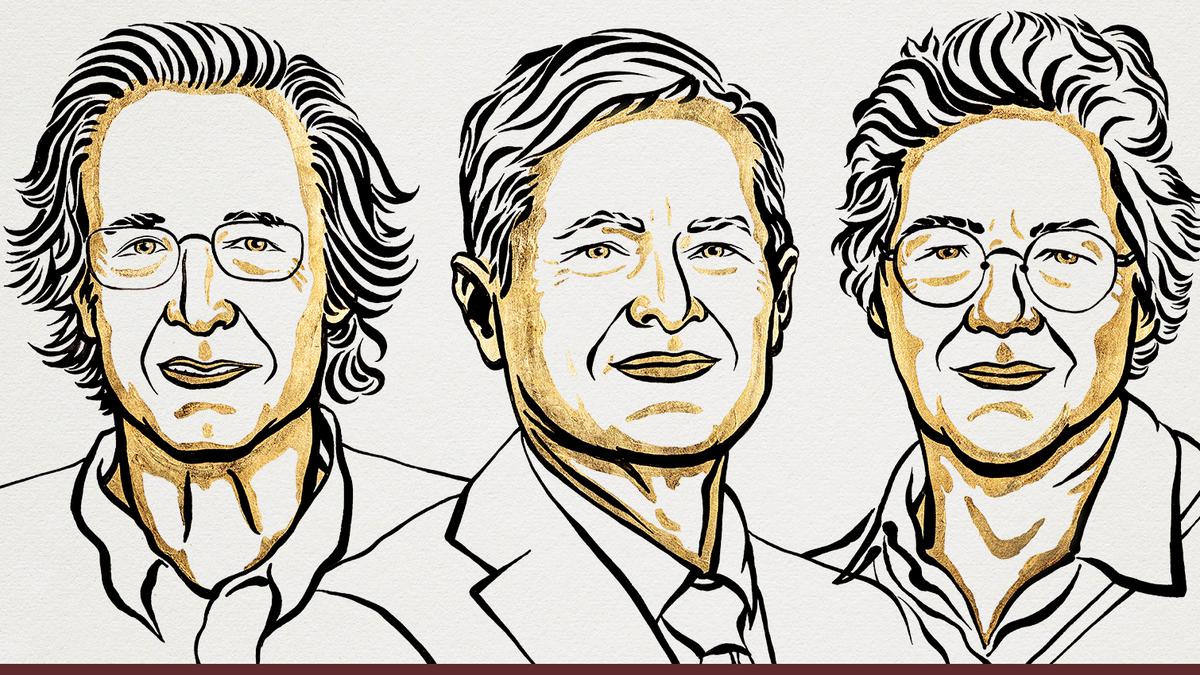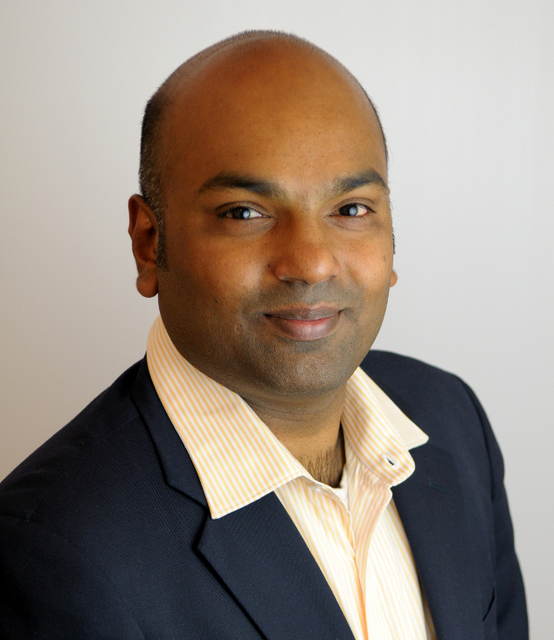About Program

This is part of its efforts to popularize science to the general public and students who are pursuing science as their career. TNSF attempt to focus on students on higher science as everyone knows that learning of science at college within the curriculum is not enough to acquire holistic knowledge of science at the appropriate time. Hence, to fill the gap between what students are acquiring through the curriculum and what it is required, TNSF is planning its activities on higher science to students who are pursuing higher education.

About the Lecture Pierre Agostini, Ferenc Krausz and Anne L’Huillier have demonstrated a way to create extremely short pulses of light that can be used to measure the rapid processes in which electrons move or change energy. The three Nobel Laureates in Physics 2023 are being recognized for their experiments, which have given humanity new tools for exploring the world of electrons inside atoms and molecules. The laureates’ experiments have produced pulses of light so short that they are measured in attoseconds, thus demonstrating that these pulses can be used to provide images of processes inside atoms and molecules. The laureates’ contributions have enabled the investigation of processes that are so rapid they were previously impossible to follow. Attosecond pulses can be used to test the internal processes of matter and to identify different events. These pulses have been used to explore the detailed physics of atoms and molecules, and they have potential applications in areas from electronics to medicine
